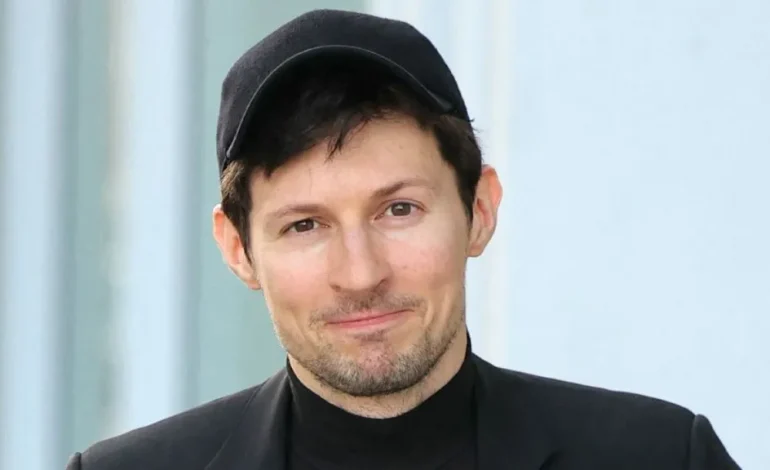Telegram Founder Pavel Durov Says Over 100 Children Will Inherit His Fortune

Pavel Durov, founder of the encrypted messaging platform Telegram, has revealed that he plans to leave his estimated $13.9 billion (£10.3 billion) fortune to more than 100 children he believes he has fathered, BBC reports.
In an interview with Le Point, a French political magazine, Durov stated:
“They are all my children and will all have the same rights! I don’t want them to tear each other apart after my death.”
He explained that while he is the legal father of six children with three partners, a fertility clinic informed him that over 100 children have been conceived using sperm he donated over the past 15 years, across 12 countries.
Durov emphasized that his wealth will not be immediately accessible to his children.
“I want them to live like normal people, to build themselves up alone, to learn to trust themselves, to be able to create, not to be dependent on a bank account,” he said, noting that the inheritance would be locked for 30 years.
The 40-year-old entrepreneur, who lives in Dubai and holds both French and Emirati citizenship, said he wrote his will due to the risks involved in his role.
“Defending freedoms earns you many enemies, including within powerful states,” he added.
Telegram, founded by Durov in 2014 after he left Russian social media platform VKontakte, is known for its emphasis on user privacy and encrypted messaging. The app now has over a billion monthly active users worldwide and remains popular in Russia and beyond.
Durov also addressed the legal challenges he faces in France. He was arrested in 2023 at a French airport amid accusations that Telegram failed to adequately moderate criminal content on its platform, including drug trafficking, child exploitation, and fraud.
In the Le Point interview, he dismissed the charges as “totally absurd,” saying, “Just because criminals use our messaging service among many others doesn’t make those who run it criminals.”
Telegram has denied allegations of insufficient moderation but continues to face scrutiny from global regulators and cybersecurity experts. Critics have pointed out that Telegram’s large group capacities—up to 200,000 members—can facilitate the spread of misinformation and extremist content. In the UK, the app was linked to far-right organizing efforts that contributed to violent unrest in cities last year.
While Telegram has taken steps to remove some problematic groups, experts argue its moderation practices remain less robust compared to other major platforms.









The latest news in your social feeds
Subscribe to our social media platforms to stay tuned